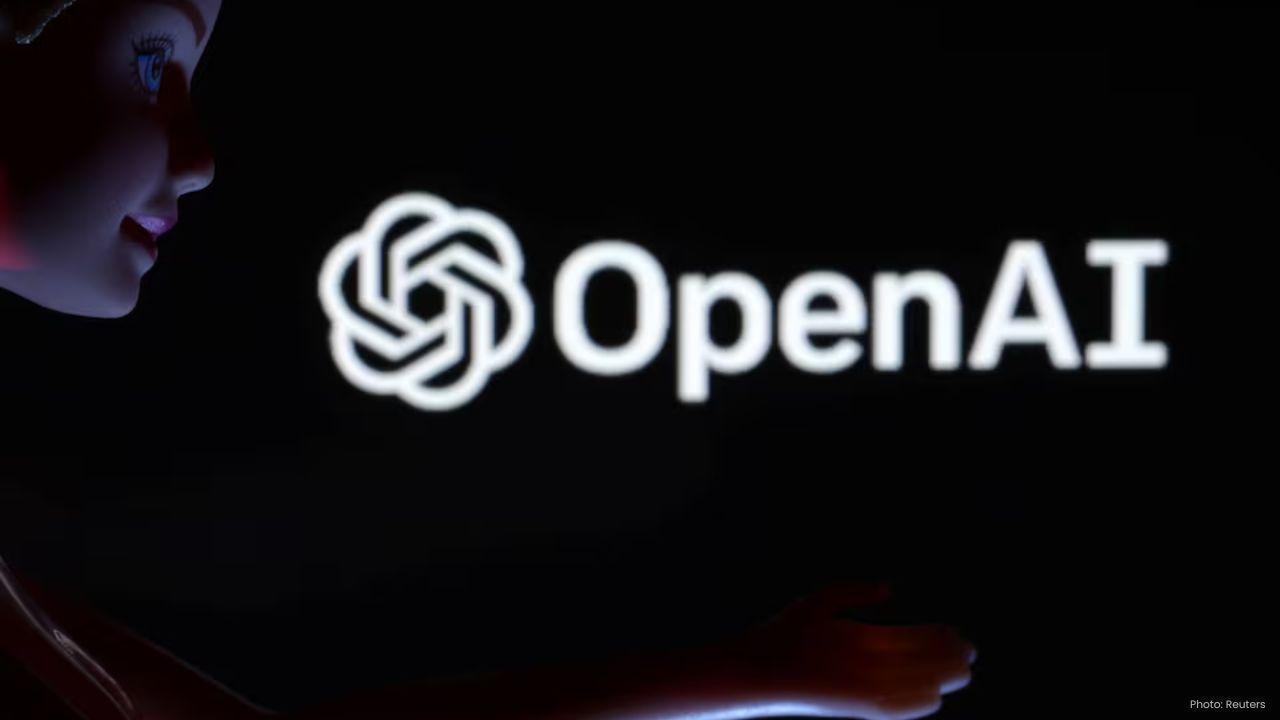
Post by : Saifi Sam
In today’s fast-paced workplace, technical expertise is no longer enough to thrive. While coding, analytics, and automation remain valuable, the qualities that truly set professionals apart are soft skills—empathy, communication, adaptability, and conflict resolution. Together, these form the foundation of emotional intelligence (EQ).
But here’s the challenge: many organizations struggle to teach these skills effectively. Traditional methods—lectures, handbooks, and one-off workshops—rarely prepare employees for real-life situations like managing conflict, giving constructive feedback, or leading diverse teams. This is where artificial intelligence (AI) steps in, transforming the way we build and practice EQ.
Studies consistently show that emotional intelligence in leadership and teamwork is a key driver of employee engagement, productivity, and retention. In fact, poor communication and mismanaged conflicts cost U.S. companies billions annually.
In a world of hybrid work, global collaboration, and rapid change, miscommunication risks are higher than ever. Whether you’re leading a meeting across time zones, navigating cultural differences, or resolving customer issues, EQ skills are as critical as technical know-how.
The transition from soft skills to what we can call “smart skills” is being powered by AI-driven tools. These solutions make it possible to practice emotional intelligence in safe, simulated environments—something that was nearly impossible before.
Imagine practicing a difficult conversation—such as delivering negative feedback or calming an upset customer—with a virtual persona that reacts in real time. AI-powered roleplay simulations allow employees to rehearse these interactions, receive feedback, and refine their approach until it feels natural.
If your tone lacks empathy, the AI character may respond defensively.
If you balance assertiveness with compassion, the AI reacts more positively.
This adaptive learning creates emotional muscle memory, preparing people for high-stakes, real-world scenarios.
Unlike traditional workshops that follow a one-size-fits-all model, AI training platforms can adapt to each learner’s pace and personality. Employees can practice anytime—whether they’re preparing for a big negotiation, a performance review, or a customer meeting.
This flexibility transforms emotional intelligence into a scalable skill set across global organizations.
AI tools can analyze speech patterns, word choice, tone, and pacing, then provide personalized feedback on how to improve. Instead of generic advice, employees receive specific insights such as:
“You interrupted too quickly—try pausing for two seconds.”
“Your tone sounded dismissive; consider rephrasing with empathy.”
This level of actionable detail accelerates growth in communication and empathy skills.
Also Read This: Perplexity AI Explained: Features, Benefits, and Real-World Uses
AI-enabled EQ training is already reshaping industries:
Healthcare: Doctors and nurses use simulations to practice delivering difficult diagnoses with empathy.
Aviation: Flight crews train to de-escalate passenger conflicts through AI roleplay, leading to fewer in-flight incidents.
Sales & Customer Service: Representatives rehearse objections and negotiations, improving client relationships.
Nonprofits: Humanitarian workers practice crisis communication, reducing training time and improving field readiness.
These case studies highlight how AI in emotional intelligence development can boost both individual confidence and organizational outcomes.
Scalable: Train thousands of employees worldwide without logistical constraints.
Safe Environment: Employees can practice without fear of embarrassment or judgment.
Measurable: Progress can be tracked with clear metrics.
Culturally Adaptive: Scenarios can be tailored for different languages and cultural contexts.
While promising, AI in EQ training is not without challenges:
Realism: Simulations must feel authentic; robotic responses risk disengaging learners.
Cultural Sensitivity: Emotional norms vary globally, so training must reflect these nuances.
Balance: AI should complement—not replace—human mentorship and coaching.
Ethics & Privacy: Analyzing tone, speech, or facial expressions raises questions about consent and data use.
The workplace of the future will require employees who are not just technically proficient but also emotionally intelligent. With AI emotional intelligence training, organizations can turn traditional soft skills into smart skills—practical, measurable, and scalable competencies.
By practicing empathy, resilience, and communication through AI-driven tools, professionals will be better equipped to handle the human side of work—an area where machines cannot replace us.
As automation takes over repetitive tasks, the human edge lies in emotional intelligence. AI is not here to replace empathy but to help us practice and sharpen it. In this sense, the future of work is not just about smarter machines—it’s about smarter humans, trained with the aid of AI to connect, collaborate, and lead more effectively.
This article is for informational and educational purposes only. The insights provided are not a substitute for professional training programs or organizational policies. The examples of AI applications are illustrative and may vary depending on implementation. Readers and organizations should evaluate solutions carefully to ensure they align with their values, ethics, and specific needs.










Tadej Pogačar Wins Tour De France And World Championship
Slovenia’s Tadej Pogačar wins both Tour de France and UCI Road World Championship in Rwanda, complet

Indonesia Fines TikTok for Late Tokopedia Deal Reporting
Indonesia’s antitrust body fined TikTok $900,000 for late reporting of its Tokopedia acquisition, st

Russia Launches Massive Air Assault on Ukraine Overnight
Russia launched one of its largest air assaults on Ukraine, killing four, injuring 67, and damaging

Tilak Varma Guides India to Asia Cup 2025 Final Victory
Tilak Varma’s unbeaten 69 powers India to a thrilling five-wicket Asia Cup 2025 win over Pakistan. B

OpenAI CEO Meets UAE President To Boost AI Collaboration
UAE President meets OpenAI CEO Sam Altman to discuss AI cooperation, data centers, Arabic AI models,

India Beat Pakistan But Denied Asia Cup 2025 Trophy
India defeated Pakistan to win the Asia Cup 2025 for a record ninth time, but controversy hit as the